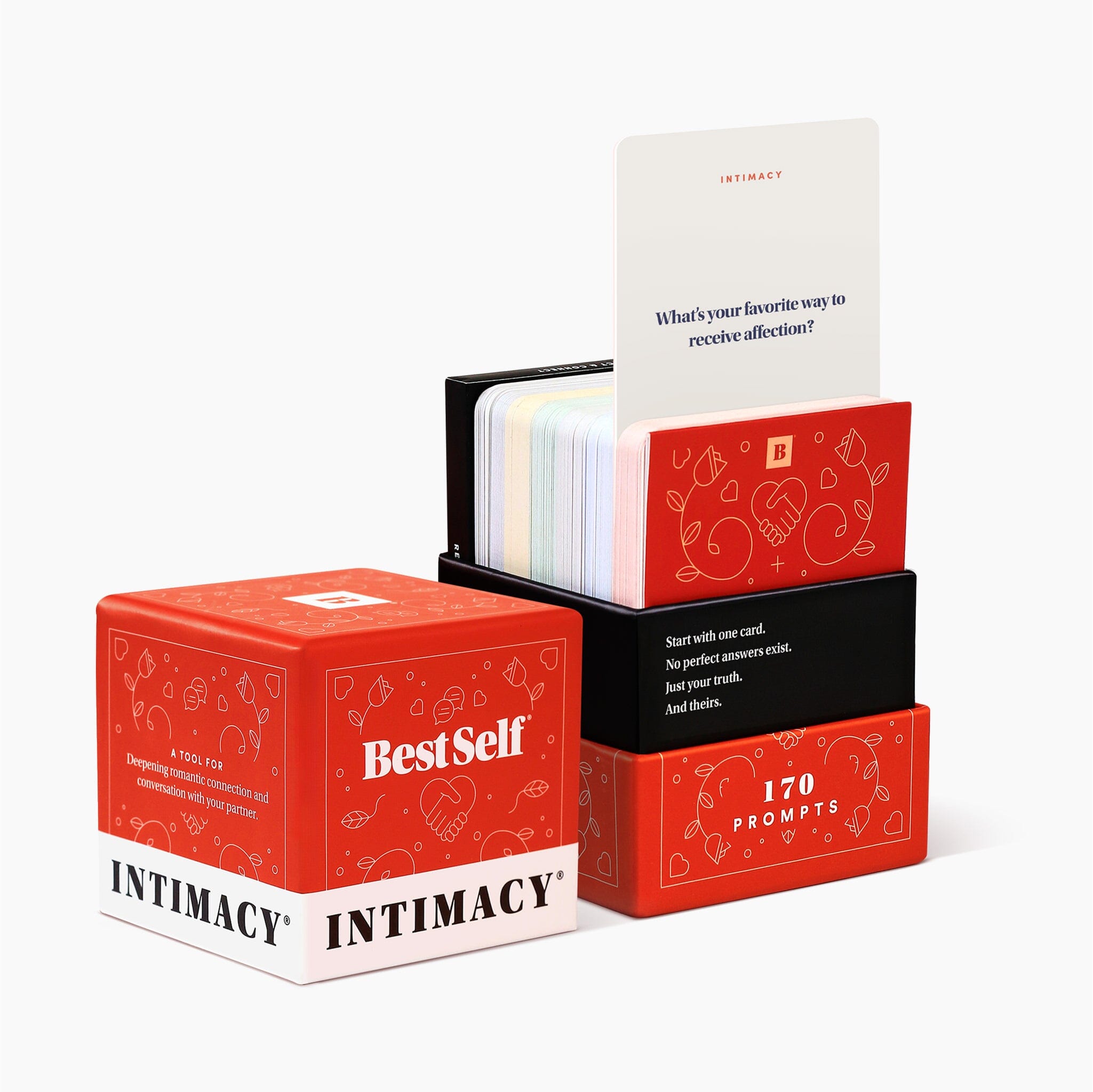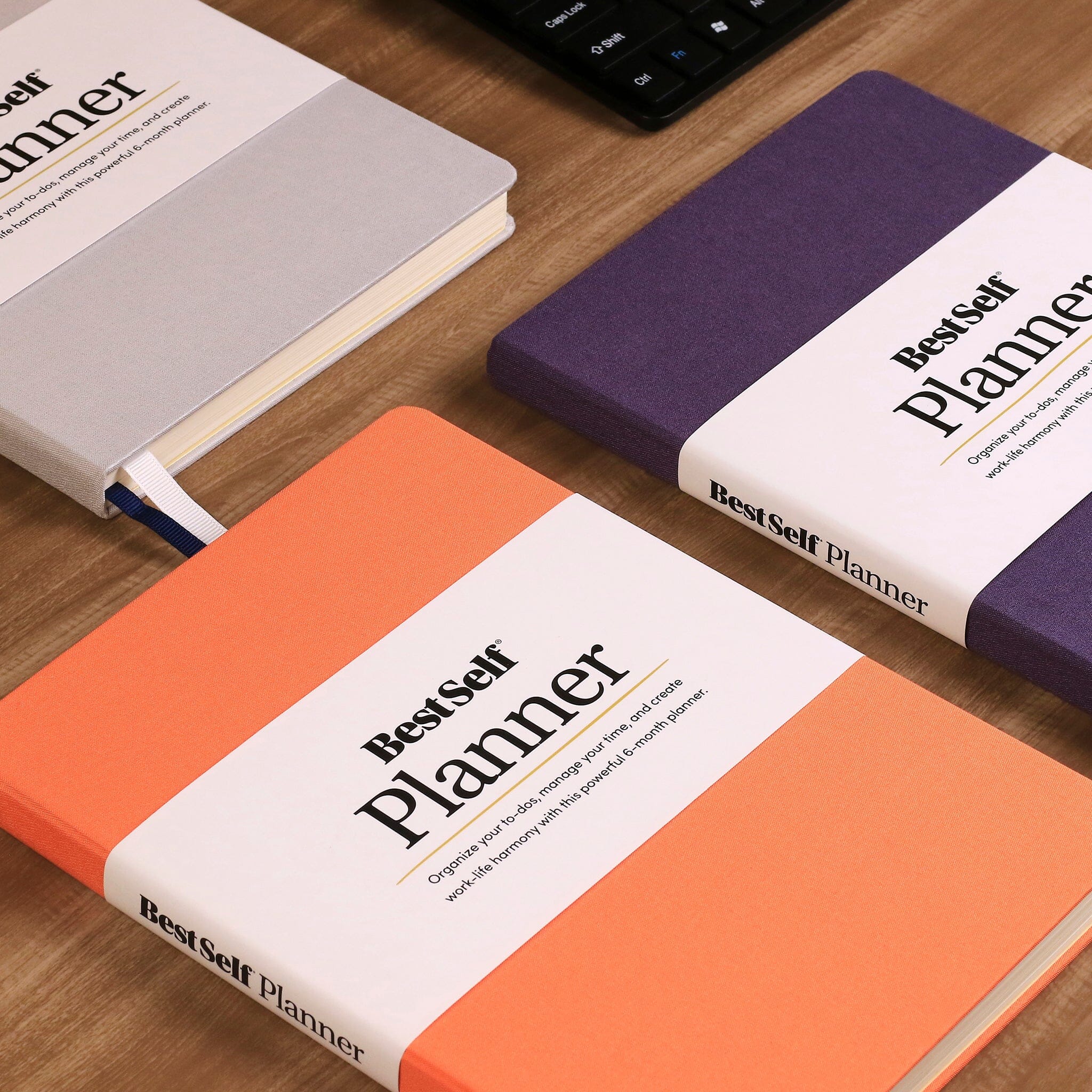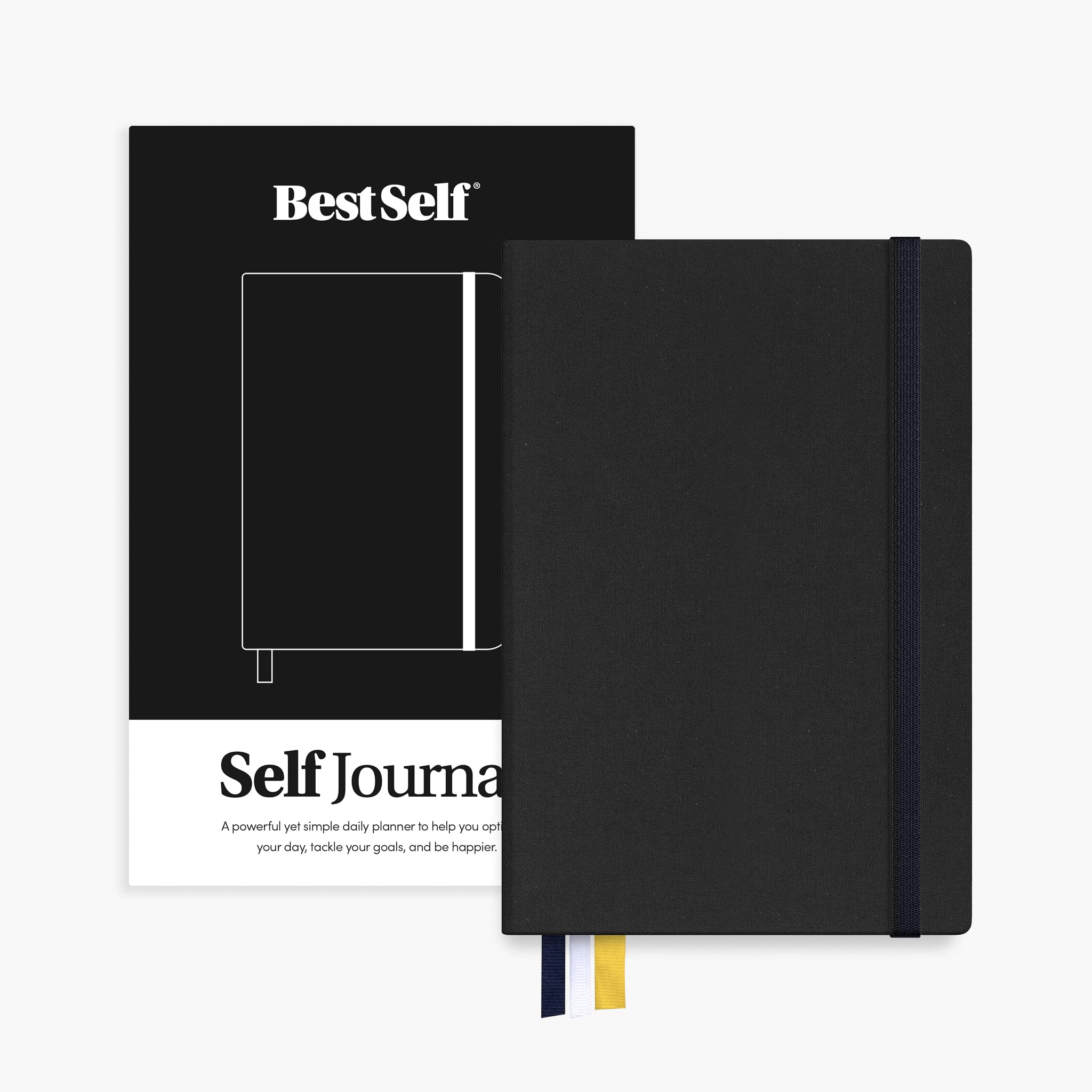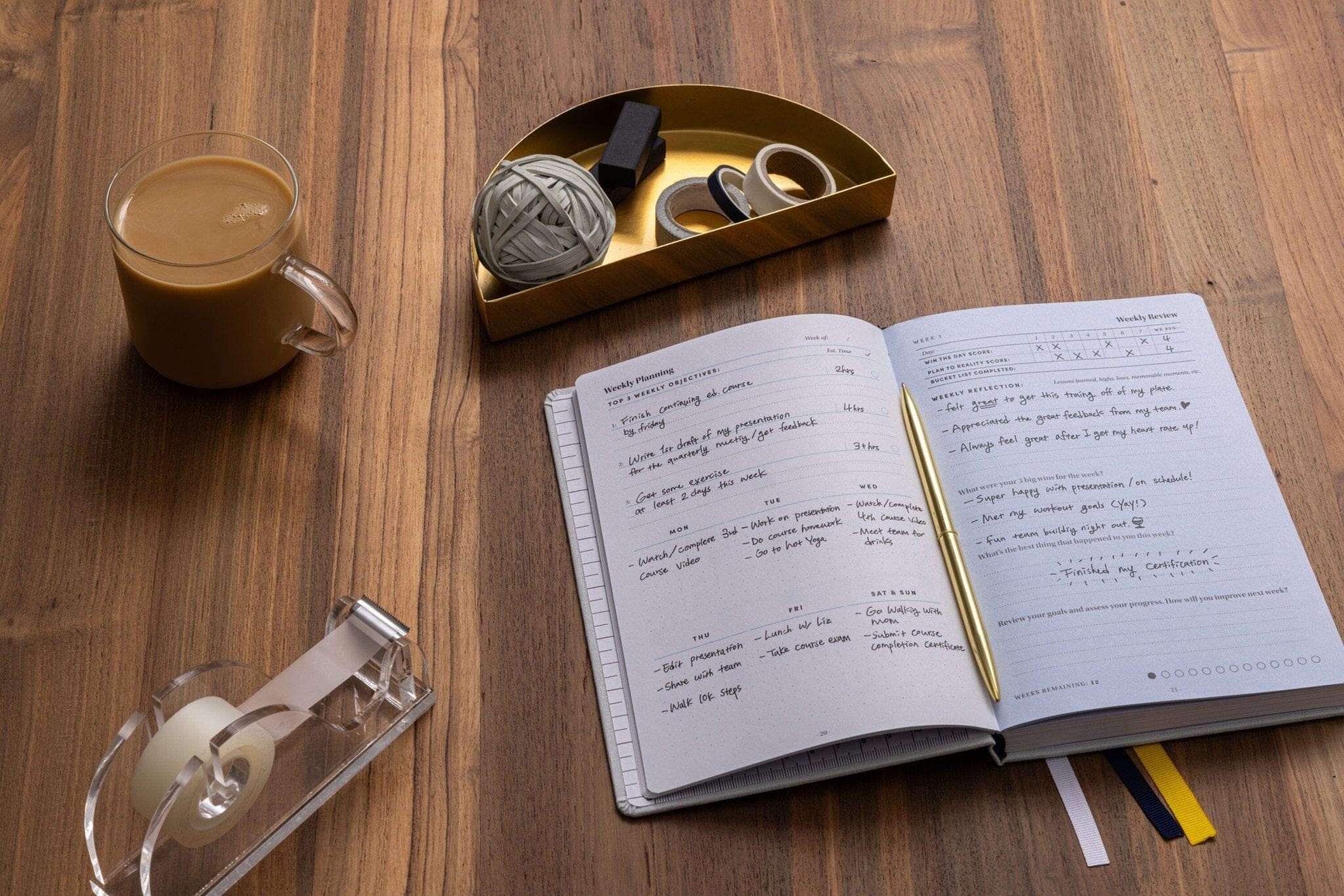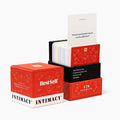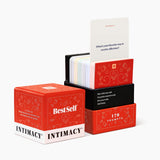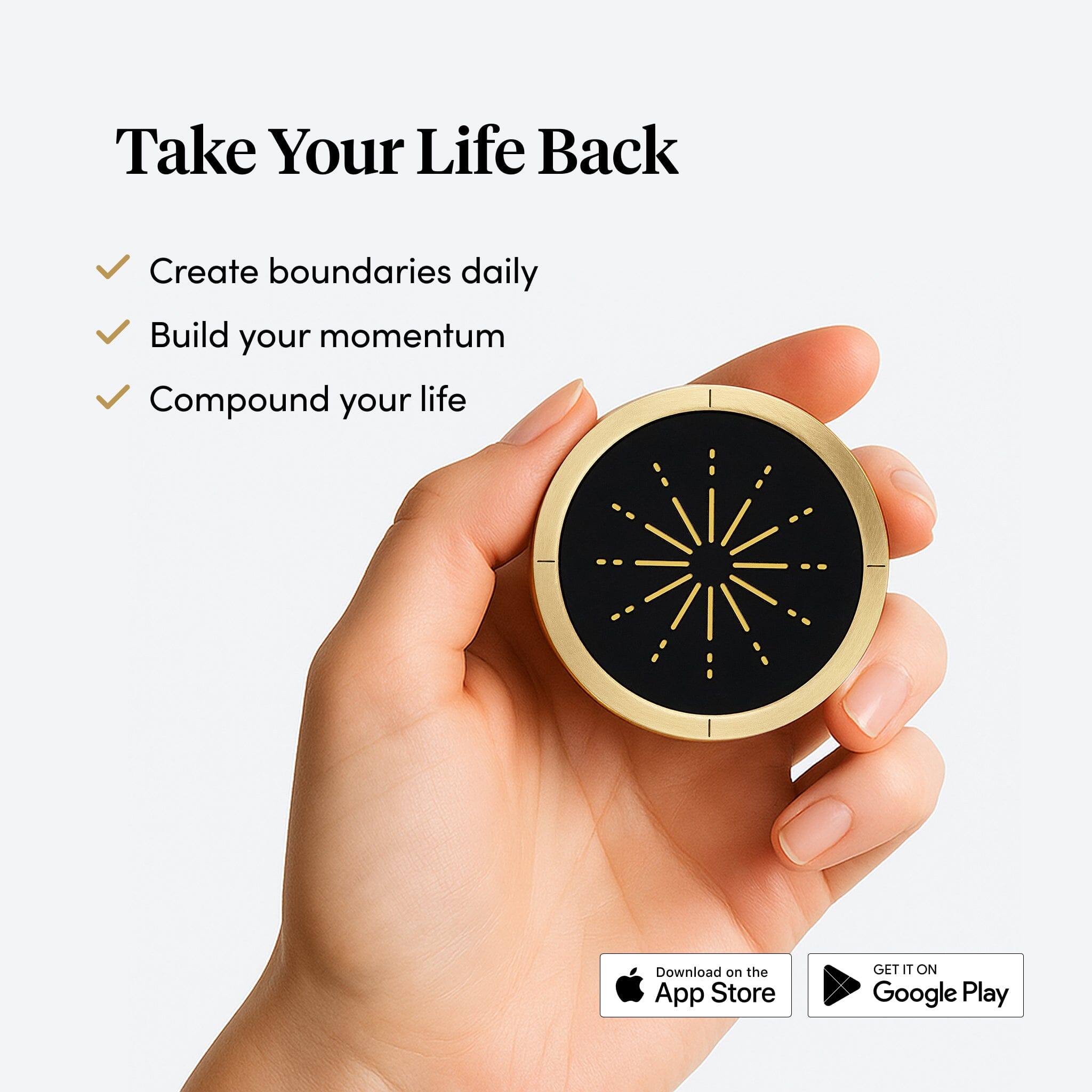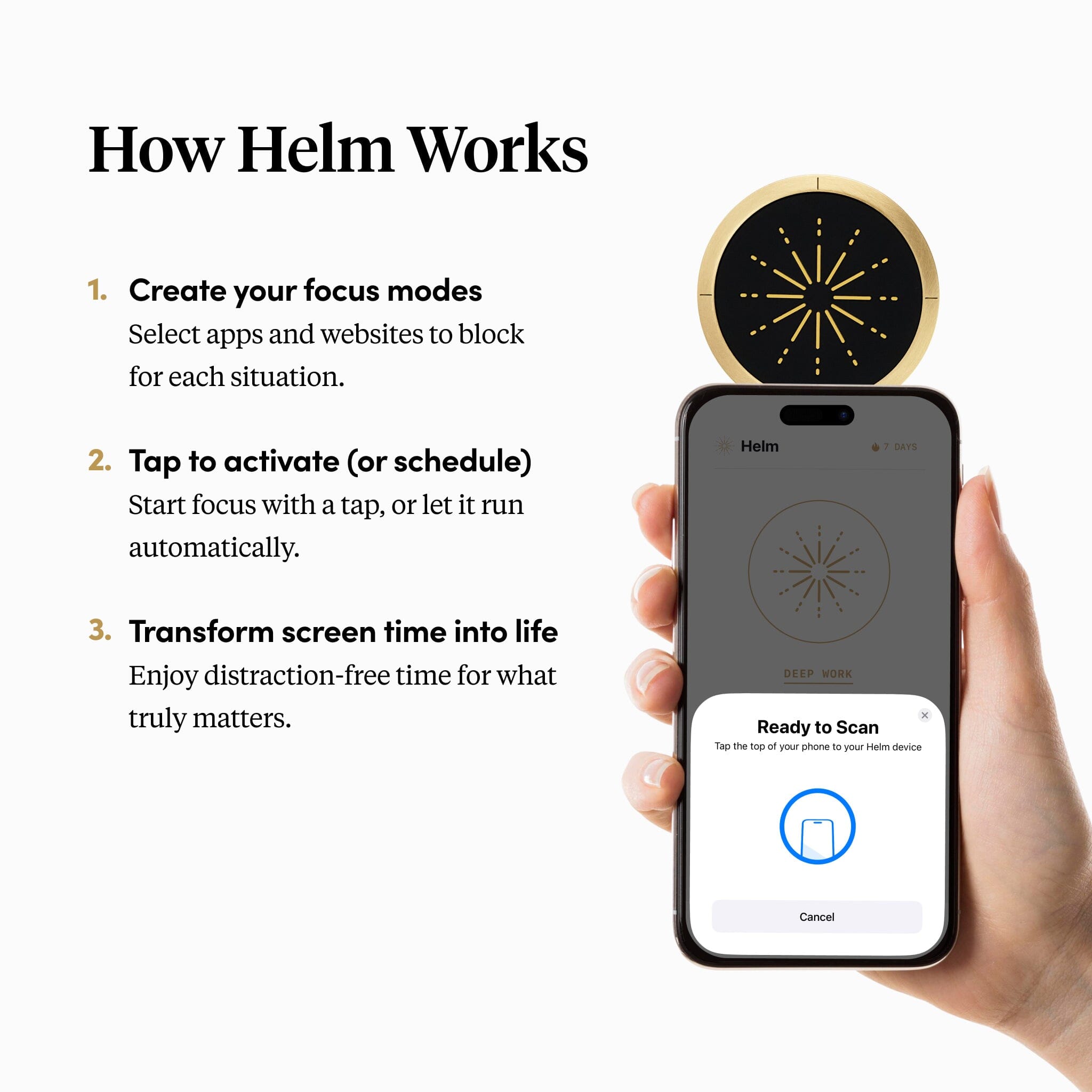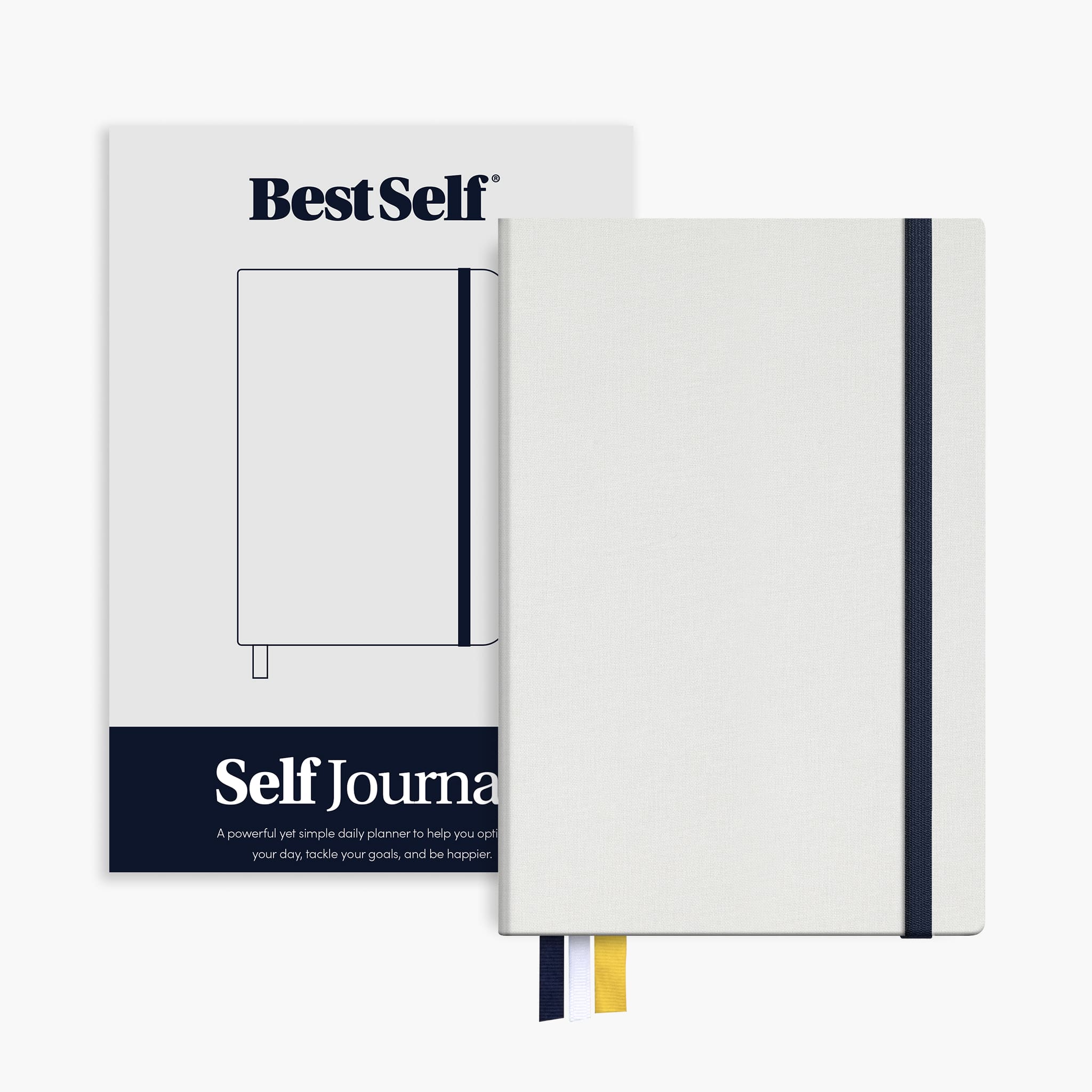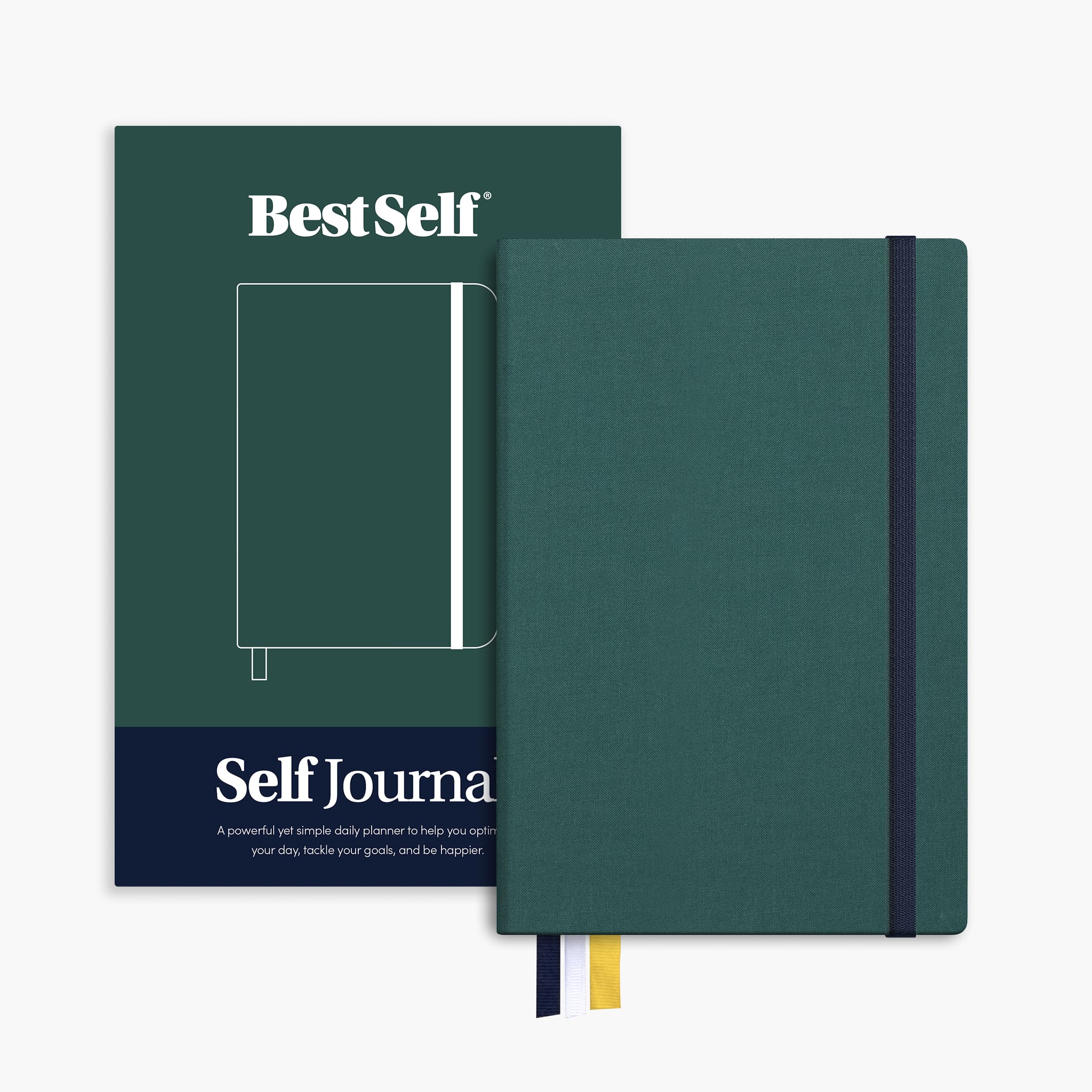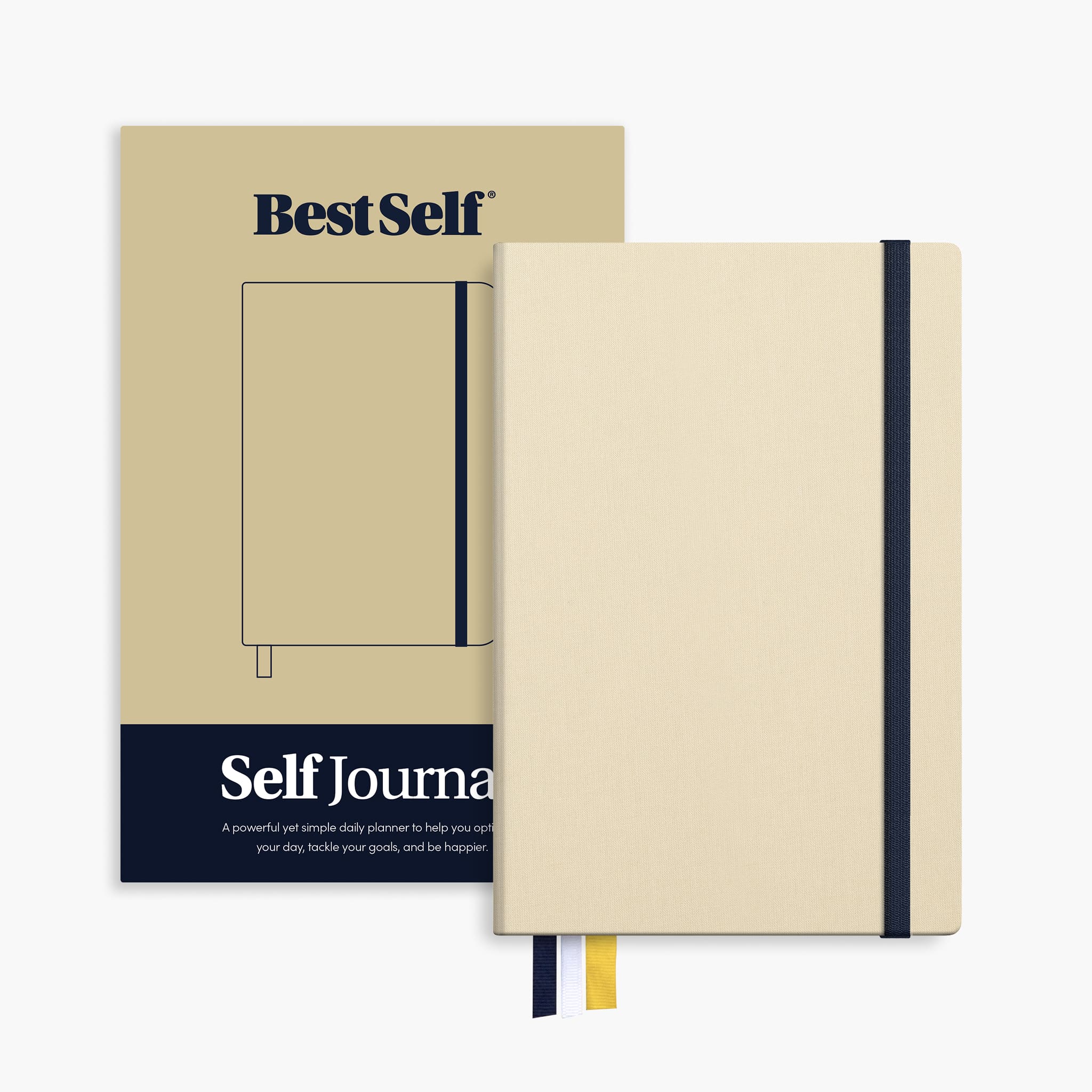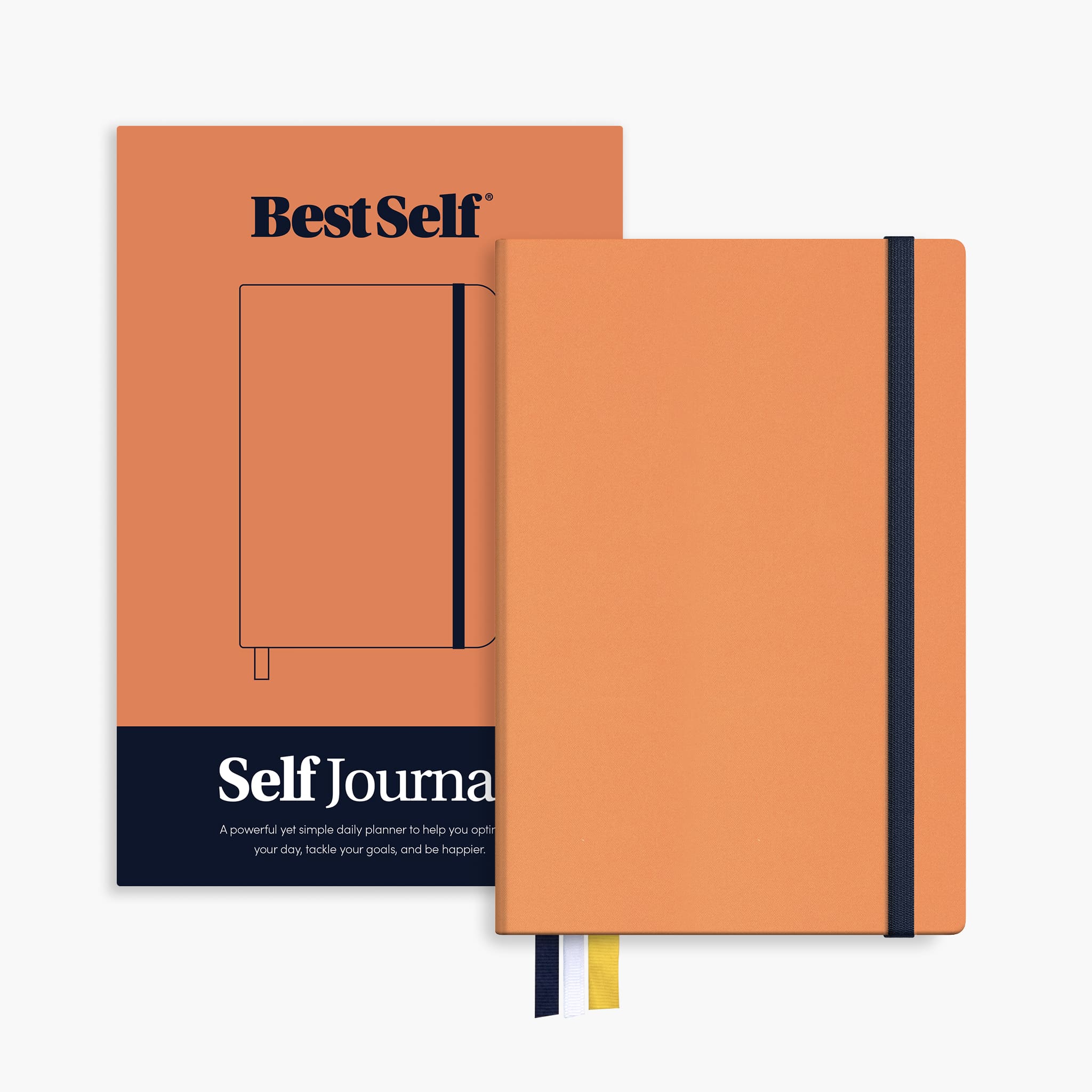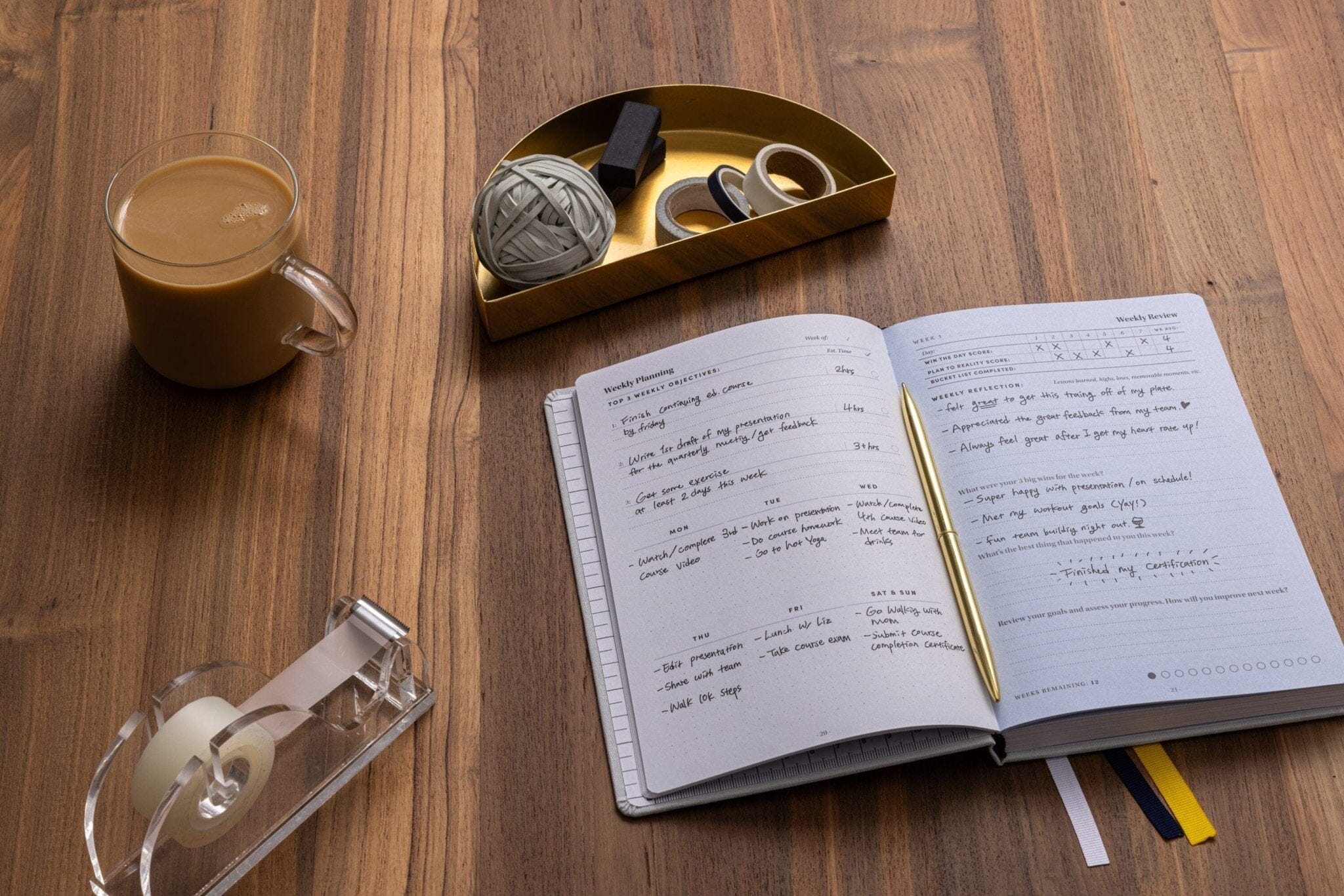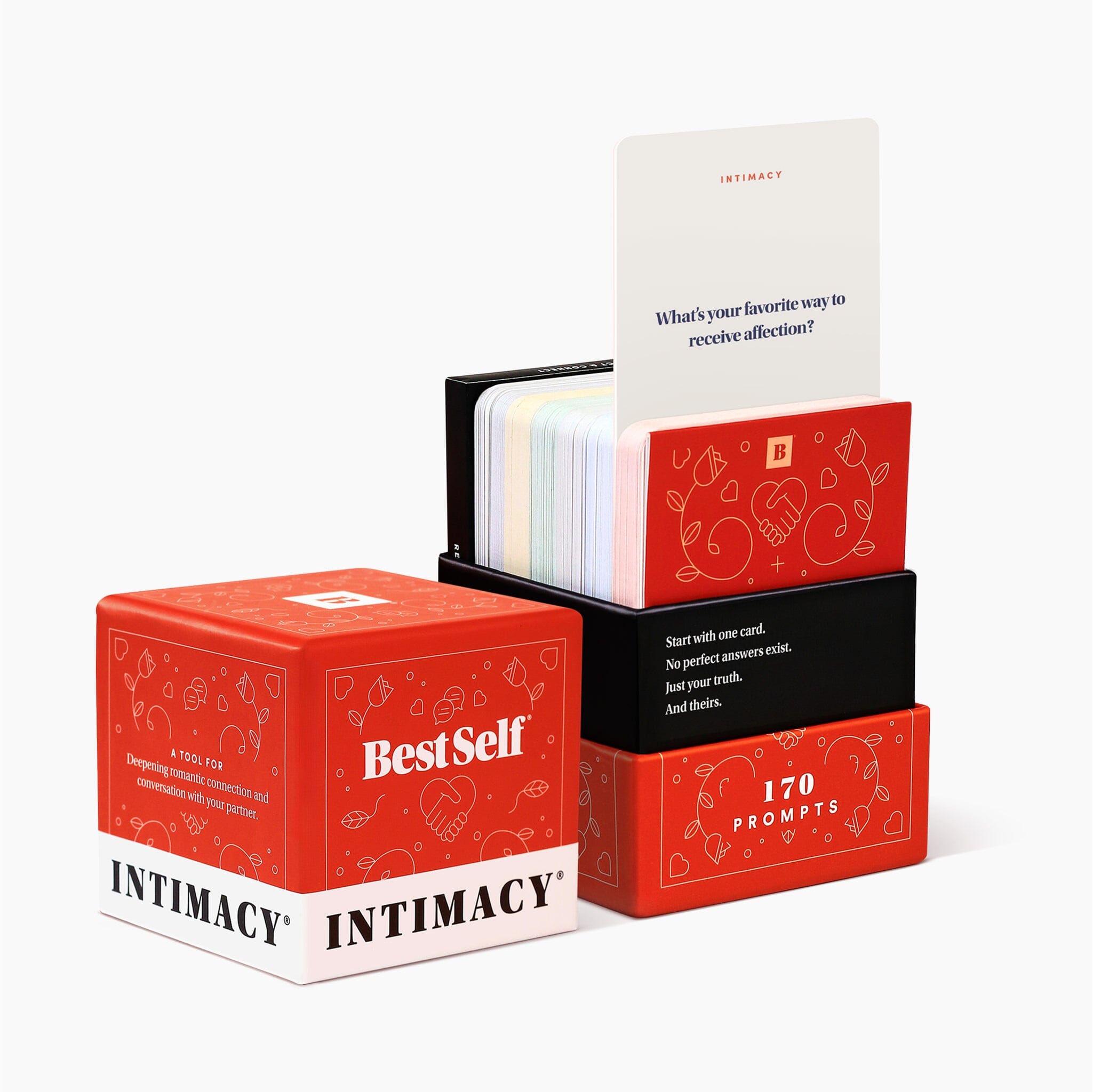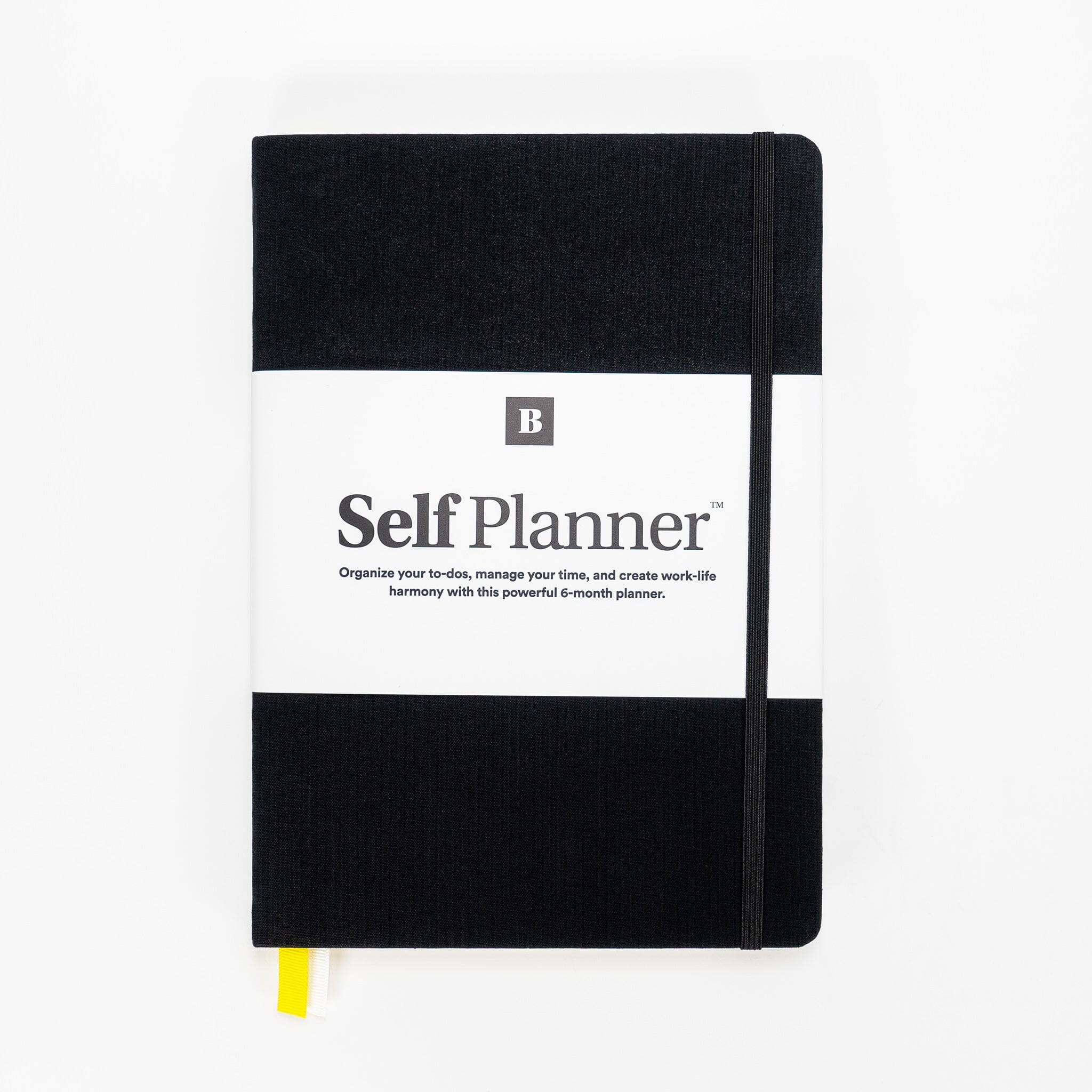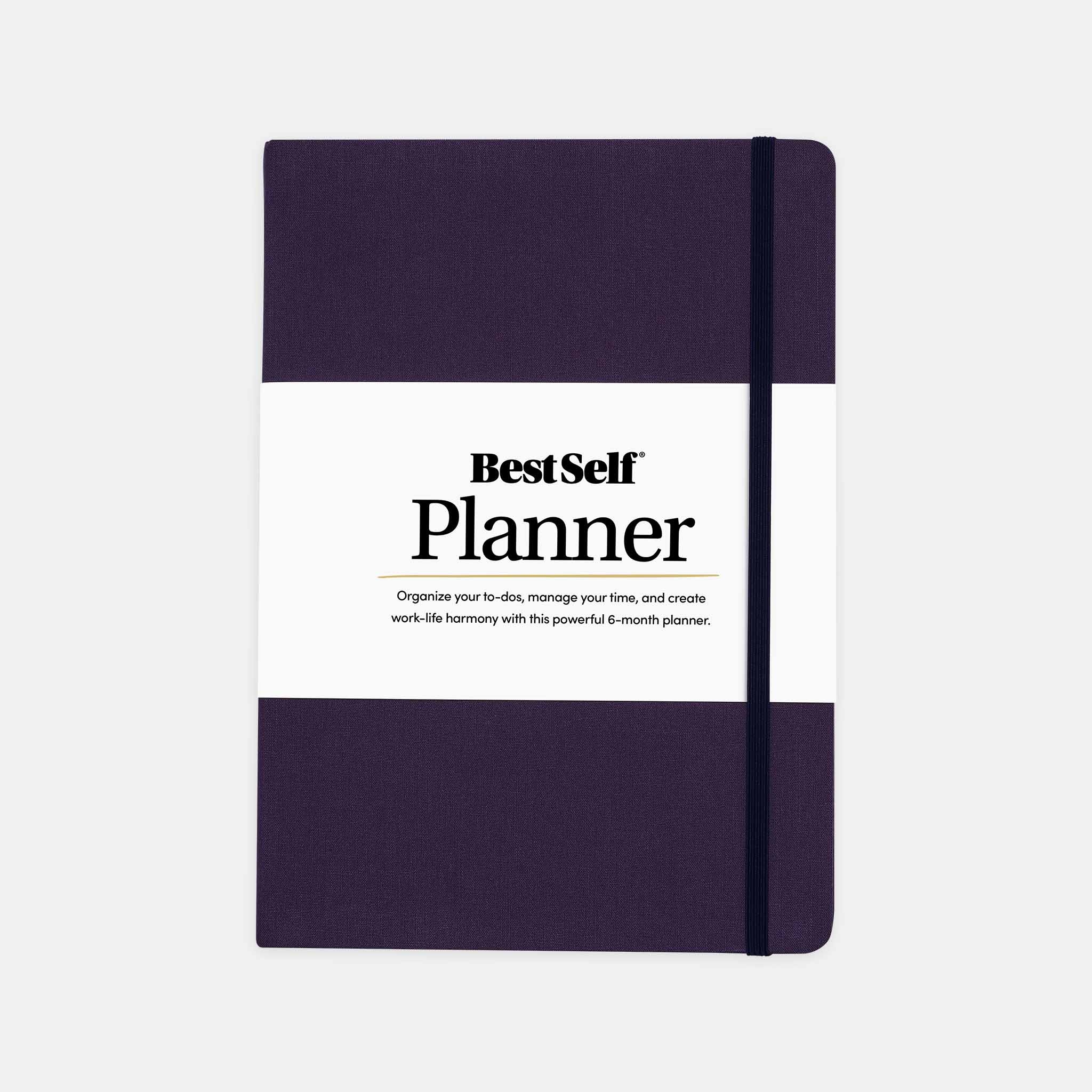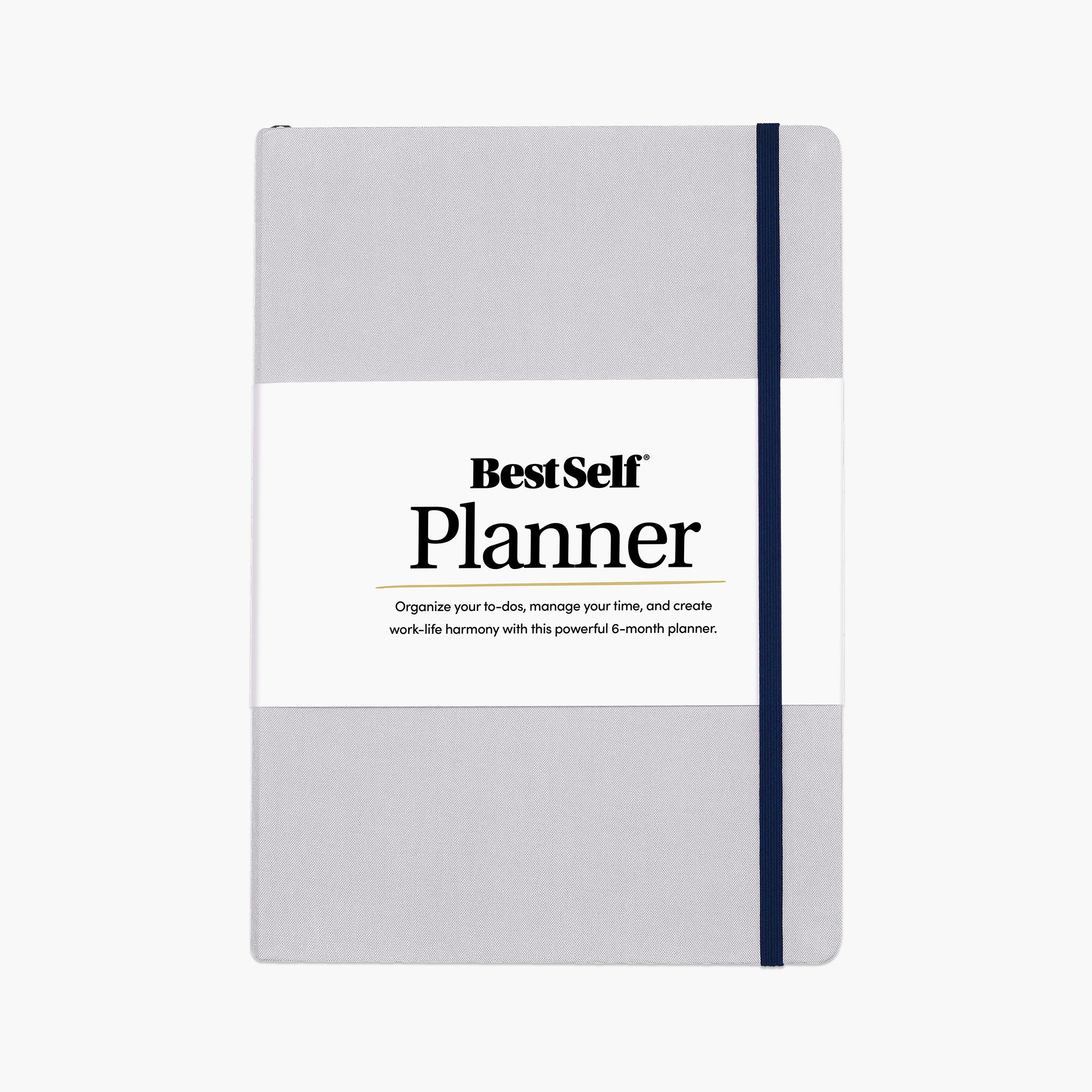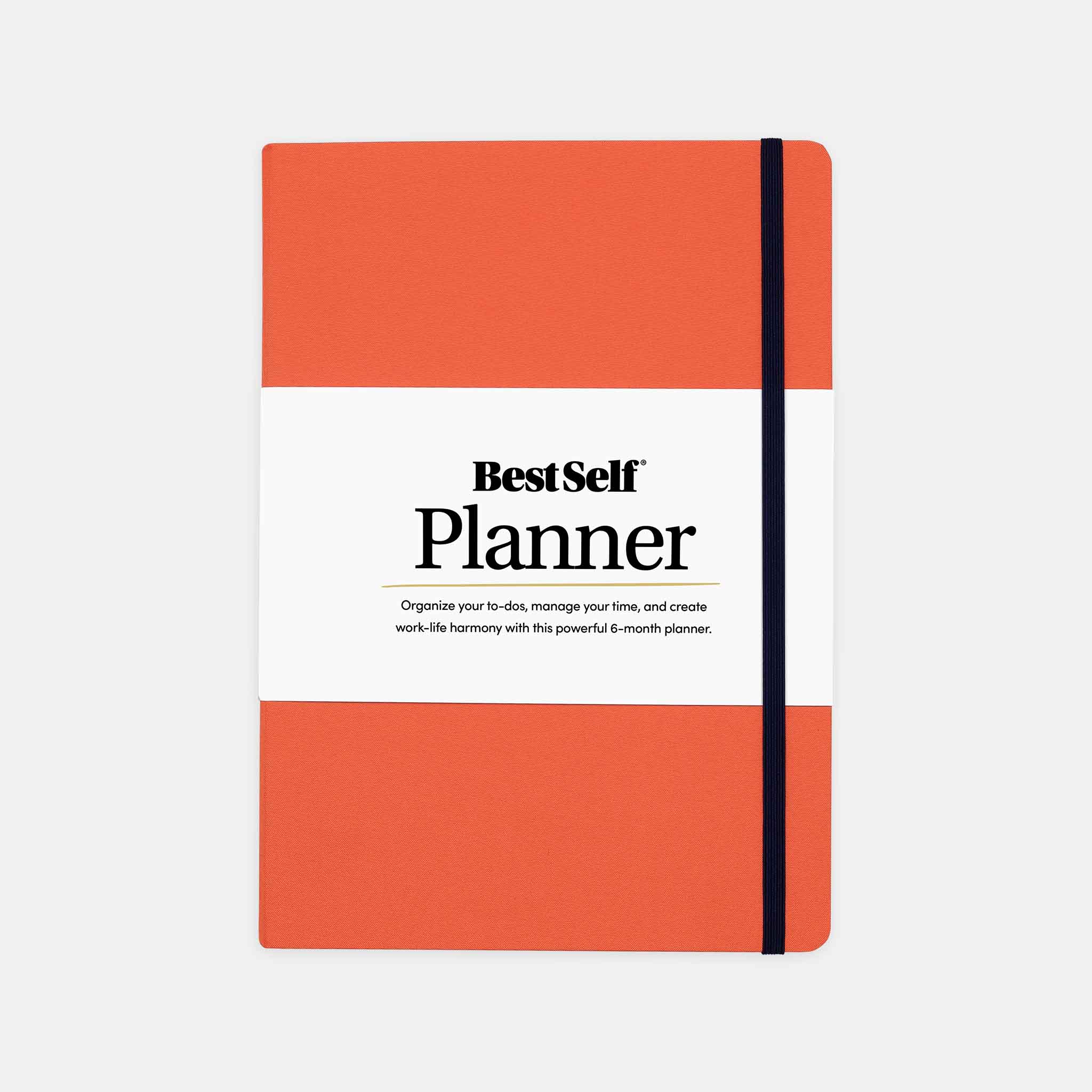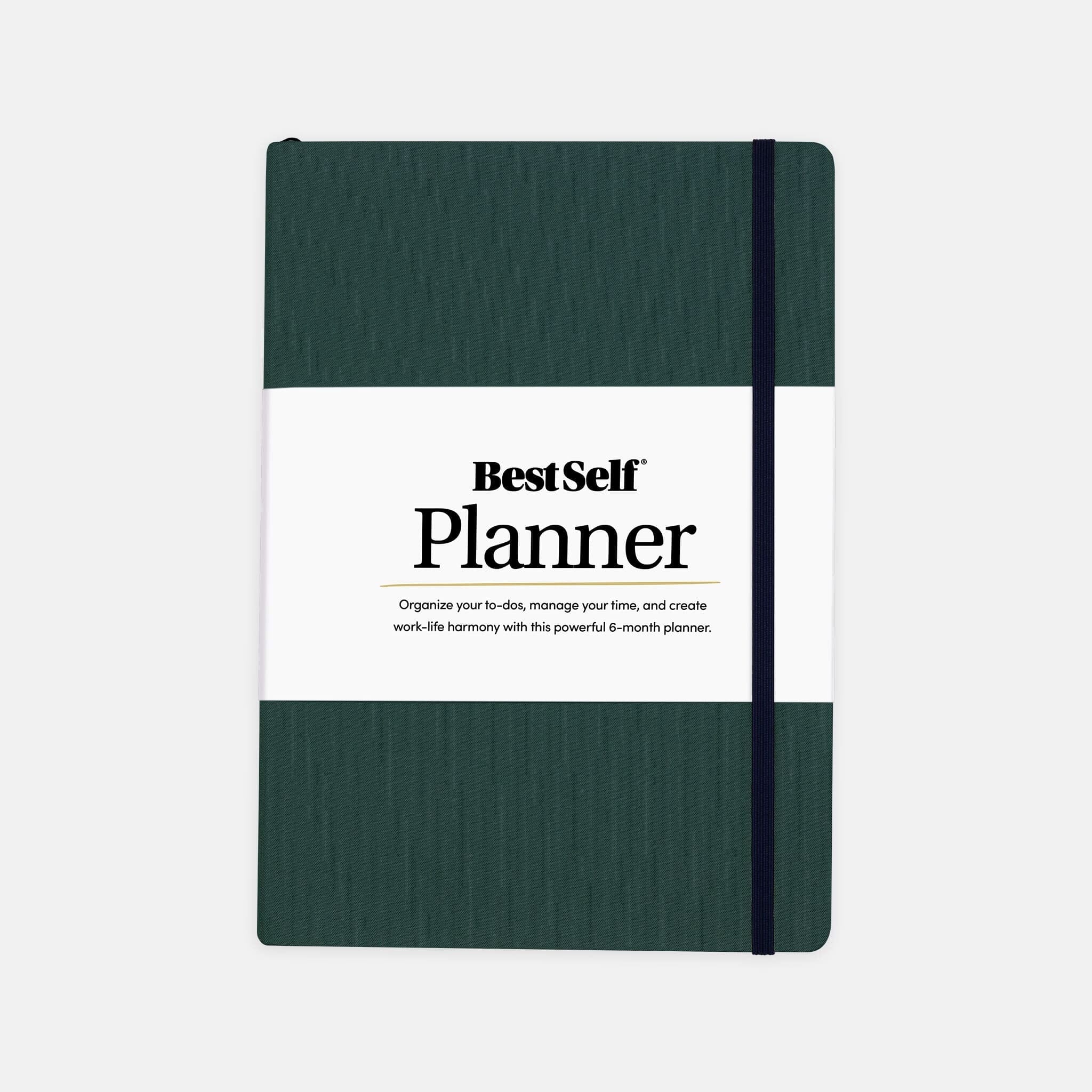We’ve all heard of meditation. It’s when you’re supposed to sit really still and not think about anything for an appointed amount of time (easy right?), but is it worth it?
How do we know if we’re even doing it properly? If you’re like us, you’re probably a bit skeptical. Why should I meditate? What’s the big deal? For us, meditation seemed to come up over and over again from people we trusted so we decided to find out once and for all.
History of Meditation
The practice of meditation (Latin for “to ponder”) has been around for over a thousand years, originating from India. In Hindu tradition, the Vedas (an ancient Indian scripture) discusses the importance of meditation for spiritual enlightenment. Religious scholars would read sacred text and use meditation as a period of thinking and reflection. It didn’t take long for Buddhists and Taoists in China to adopt the practice as well. Slowly, yet surely, other religions and parts of Europe caught on.
With the influence of yoga spreading into the western world (which became popular in the 60’s), meditation became less about spiritual enlightenment and more about relaxation, inner focus, and self-improvement; until it evolved into the practice we’re all familiar with today. It’s noticeable that some of the most successful people in the world, such as Arianna Huffington, Steve Jobs, Oprah Winfrey, and even Kobe Bryant, all practice the art of meditation.
How Will Meditation Help My Body?

Photo Credit: julie-smith.net
There have been countless studies showing the health benefits of meditation. Not only does it help nurture you physically, but it also improves your mental health. According to an article in HeadSpace, meditation can help reduce:
• Stress• Anxiety
• Depression
• Sleep
• Relationships
• Cognition
The research was done in Belgium involving five schools with 400 students ranging from 13-20 years old. After six months, students reported reduced symptoms of depression, anxiety and stress.
As for the physical benefits, a study done by Harvard University Medical School, Meditation also helps:
• Lower blood pressure• Improved blood circulation
• Lower heart rate
• Less perspiration
• Slower respiratory rate
• Lower blood cortisol levels
• More feelings of well-being
Meditation focuses on the most important aspect of our bodies: breath. Without air, we cease to exist. When we meditate, we’re helping our mind and body come back to its center. All the distraction, cares, and worries are set aside and our minds can return to a sense of clarity and calmness. We’re giving our body, and more importantly, our mind, a chance to recharge and refuel before we jump back into the chaos of everyday life.
How Will Meditation Help At Work?
No one is safe from the stress of a busy work environment. From deadlines, to difficult bosses, to faulty computer systems, it can get pretty overwhelming pretty fast. So how do you bring yourself back to your center? Those who practice meditation, often bring their healthy habits into their workplace.
When you find you’re getting overwhelmed or stressed out, step away from your desk and find a quiet spot to close your eyes and breathe. It’ll bring down your heart rate, balance your blood pressure, and clear your mind so you can focus again. According to Eoc Institute, meditation “can give many the opportunity to increase problem solving skills, and think creatively ‘outside the box’ instead of analyzing problems in the same, drab, and routinely predictable way you have always done”.
Meditation is a tool to quiet your mind and calm your body. With it, you’ll be able to handle stressful situations and critical thinking opportunities with more ease and perform at a higher level.
How to Meditate

Photo Credit: julie-smith.net
Now that you know where it came from, you’re ready to give it a try:
• Select a time of day where you’ll be able to devote a few minutes to meditate without being disturbed.• Wear comfortable clothing
• When you’re ready to begin, silence your cell phone and lie or sit in a comfortable position. (A popular meditation pose is the Lotus position where your legs are cross-legged and each foot is placed on opposing thighs with your hands lying open. If this is not comfortable for you, change positions. Being uncomfortable is distracting!)
• Close your eyes
• Breathe naturally.
• As you inhale and exhale, focus your mind on the movement of your shoulders, your chest, and rib cage.
• If your mind wanders, bring it back to your breathing.
• Do this for just a few minutes and gradually increase it as you become more comfortable with meditation.
Quieting your mind can seem like an impossible task, but with practice, you can master it. The late Steve Jobs was a big believer in meditation and we love this quote from his biography:
“If you just sit and observe, you will see how restless your mind is. If you try to calm it, it only makes it worse, but over time it does calm, and when it does, there’s room to hear more subtle things – that’s when your intuition starts to blossom and you start to see things more clearly and be in the present more. Your mind just slows down, and you see a tremendous expanse in the moment. You see so much more than you could see before. It’s a discipline; you have to practice it.”
Once you’ve harnessed the power of calming your mind and relaxing your body, you’ll begin reaping the healthy benefits of this powerful practice.
Conclusion
We never recommend tools or practices we don’t try ourselves. Both Cathryn and I (Allen) practice meditation daily as part of our morning routines. Busy lifestyles are a part of life, but creating time for our mind to unwind makes our mornings better and our days more productive.
Your stress won’t be erased the moment you begin to meditate, but you’ll be giving yourself the tools to handle and fend of stress better in the long run. While meditation is tough when you’re just starting out, eventually your mind will find a sense of calm among chaos. You’ll find that you’re calm in moments when you normally would panic. You’ll find that you’ll be able to think clearly and creatively to handle problems you would have found tough before.
And when life just gets to be a bit too much, you have a tool to deal with it. Steal a quiet moment and meditate.
